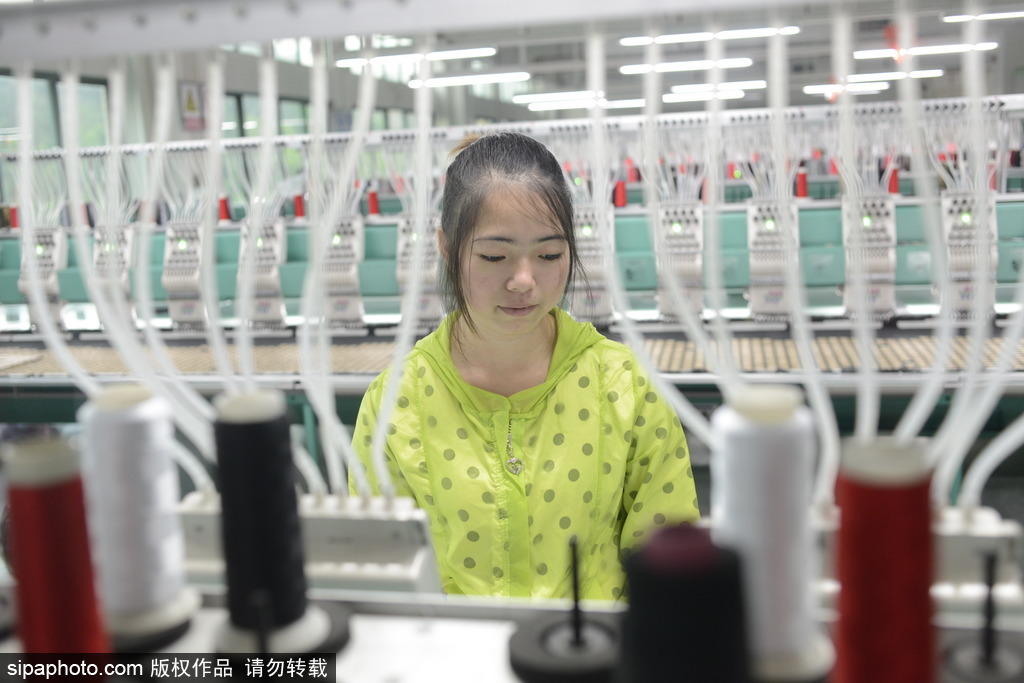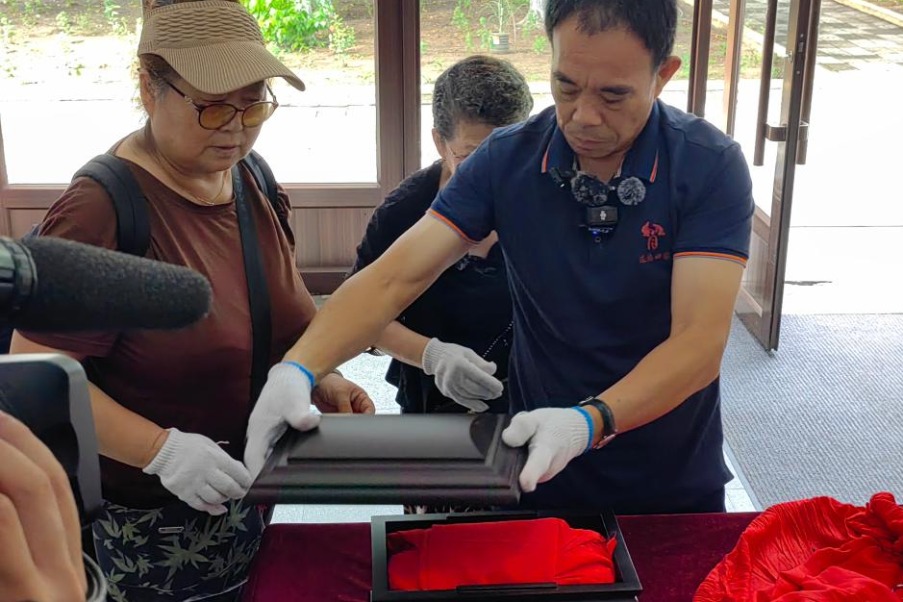As work resumes, big cities face more challenges amid outbreak


Big cities with a large number of people returning to work will face greater challenges in terms of the control and prevention of the novel coronavirus pneumonia over the next four weeks, a researcher warned.
Feng Kui, researcher at the China Center for Urban Development under the National Development and Reform Commission, said in an interview with Yicai.com that cities including Beijing, Shanghai, Hangzhou, Shenzhen, Guangzhou, Chengdu and Chongqing will face more severe tests to curb the spread of the new virus in the coming month.
With the fast increase in the proportion of people shifting to urban areas, 75 percent of the country's population now works and lives in 19 city clusters in China, he said, adding that the development of transportation infrastructure, especially the high-speed railway, greatly enhanced the mobility of the population.
Compared with the severe acute respiratory syndrome (SARS) outbreak, the current scale of the population migration in the country is about six times that of 17 years ago, according to Feng.
The country will handle a travel peak when people return to workplaces after the Spring Festival holiday, and big cities and city clusters will become the key areas for the epidemic control and prevention work, he said.
With the majority of the country's population and economic activities, the middle reach of the Yangtze River city cluster, Yangtze River Delta city cluster, Beijing-Tianjin-Hebei city cluster and Chengdu-Chongqing city cluster will have greater tasks of joint prevention and control of the coronavirus, as well as the Guangdong-Hong Kong-Macao Greater Bay Area, he said.
- Carrier's milestone moment: Electromagnetic launches
- Trial of 21-member cross-border crime group ends in Shenzhen
- Shanghai Jiao Tong Uni fosters collaborative research through China-Oceania forum
- Global scientists gather at 2025 Pujiang Innovation Forum in Shanghai
- UNESCO inaugurates STEM education institute in Shanghai
- China, US should avoid conflict, defense chief says





































